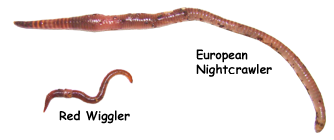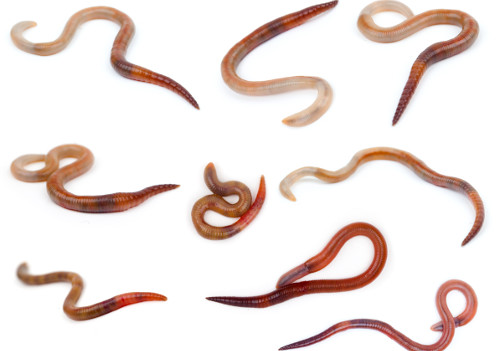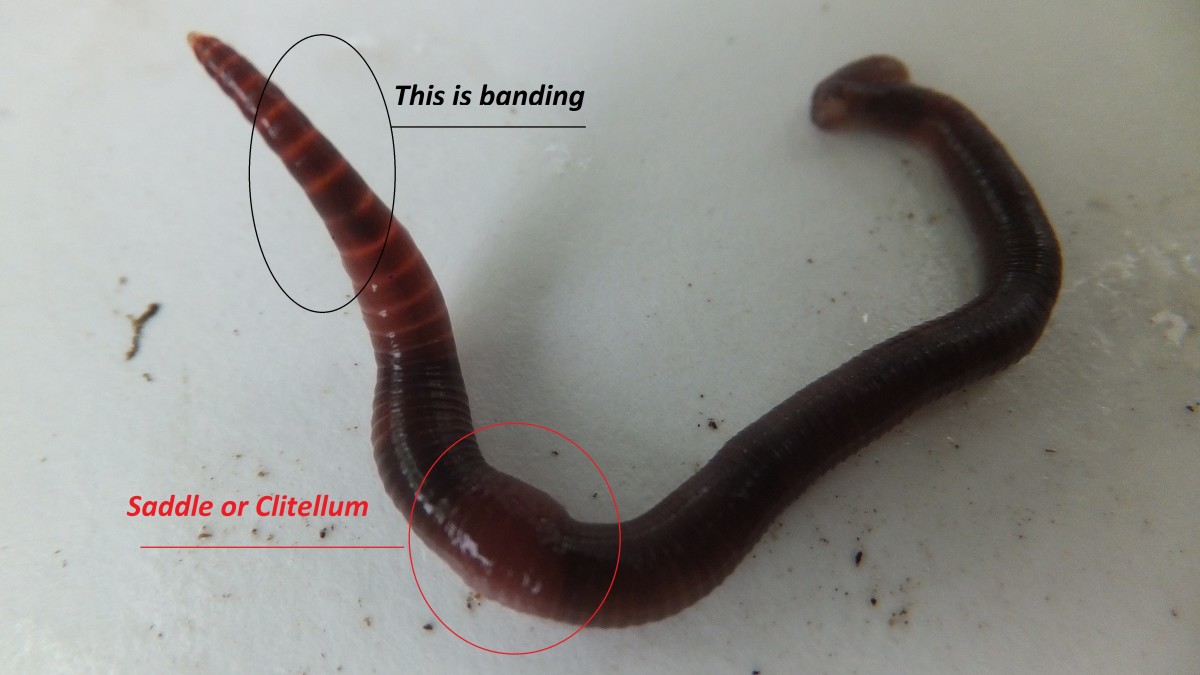Organic Composting with Red Wiggler Worms - Boost Your Yard's Growth
Organic Composting with Red Wiggler Worms - Boost Your Yard's Growth
Blog Article
Red Wiggler Worms Demystified: Opening the Tricks of Vermiculture for Greener Living and Nutrient-Rich Soil
In the world of sustainable practices for improving soil high quality and advertising eco-conscious living, red wiggler worms play a crucial yet frequently overlooked duty. Red Wiggler Worms. Understanding the complexities of caring for these worms, enhancing their atmosphere, and harnessing their castings can lead to a greener way of life and healthier dirt for plants to grow.
The Role of Red Wiggler Worms
Red Wiggler worms play a crucial function in composting systems by successfully damaging down raw material into nutrient-rich spreadings. These starved eaters eat a variety of organic materials, such as cooking area scraps, backyard waste, and paper products. As they feed, the worms' digestive system procedures break down the raw material into a penalty, dark, and nutrient-dense material recognized as worm castings or vermicompost.
The castings created by Red Wiggler worms are extremely useful for soil health and wellness and plant growth. They are abundant in essential nutrients like nitrogen, phosphorus, and potassium, which are essential for sustaining healthy and balanced plant growth. In addition, worm spreadings contain useful microorganisms and enzymes that aid enhance dirt structure, rise water retention, and boost nutrient uptake by plants.
Advantages of Vermicomposting

Furthermore, vermicompost, the nutrient-rich output of vermicomposting, works as an excellent natural fertilizer and dirt conditioner. It improves dirt structure, enhances soil aeration, and enhances soil dampness retention. These buildings contribute to healthier plants with more powerful root systems and better resistance to diseases and insects. Vermicompost also enhances the dirt with necessary nutrients like nitrogen, phosphorus, and potassium, promoting plant growth and overall soil fertility.
In addition, vermicomposting assistances sustainable horticulture practices by giving a all-natural and chemical-free choice to synthetic fertilizers. Red Wiggler Worms. This eco-friendly method not just enhances the dirt yet likewise assists reduce dependence on unsafe chemicals, advertising a greener and a lot more sustainable method of gardening
Establishing a Worm Container
When establishing a worm container for vermicomposting, proper configuration is important to make certain the success of the composting procedure. The first step in establishing a worm bin is picking an appropriate container. This can be a plastic container or wood box that gives sufficient space for the worms to walk around and has proper water drainage holes to stop waterlogging. Next off, a bed linen product such as shredded newspaper, cardboard, or coconut coir must be included in the bin. This bedding provides a comfy setting for the worms and assists maintain wetness degrees.
After adding the bed linens, present the red wiggler worms to the container. The worms must after that be supplied with food scraps such as fruit and vegetable peels, coffee grounds, and eggshells.
Regularly monitor the wetness degrees and temperature level in the worm container to make certain ideal conditions for the worms. With correct setup and maintenance, the worm bin will effectively convert natural waste into nutrient-rich compost for your plants and yard.
Gathering Worm Castings
To effectively accumulate nutrient-rich worm spreadings from your vermicomposting system, a systematic harvesting approach is essential. When it comes time to gather the worm castings, there are a couple of key steps to comply with to make sure an effective procedure.

Troubleshooting Common Issues
Determining and resolving usual difficulties that may emerge during the vermicomposting procedure is important for preserving a healthy and balanced and effective worm container. Adding excess food scraps can lead to a buildup of dampness and level of acidity in the worm bin, potentially hurting the worms. One more problem is undesirable smells rising from the worm container.
Additionally, if the worm populace is declining or the worms show up harmful, maybe due to environmental stressors such as severe temperature levels or pH degrees. Monitoring these elements and making needed adjustments is essential for the well-being of the worms. By repairing these typical problems promptly, vermicomposters can guarantee a effective and blog smooth vermicomposting procedure while maintaining a flourishing worm populace.

Final Thought
In final thought, red wiggler worms play a vital role in vermiculture by damaging down natural matter into nutrient-rich soil. Establishing up a worm container is vital for effective vermiculture, and collecting worm spreadings supplies beneficial garden compost for gardening.
As they feed, the worms' digestive processes break down the natural issue right into a fine, dark, and nutrient-dense product known as worm spreadings or vermicompost.
The castings generated by Red Wiggler worms are very advantageous for dirt health and plant development. Adding excess food scraps can lead to a buildup of moisture and level of acidity in the worm bin, possibly hurting the worms.Furthermore, if the worm populace is declining or the worms show up undesirable, it can be due to environmental stress factors such as extreme temperatures or pH levels. Setting up go to the website a worm bin is vital for effective vermiculture, and harvesting worm spreadings provides important garden compost for gardening.
Report this page